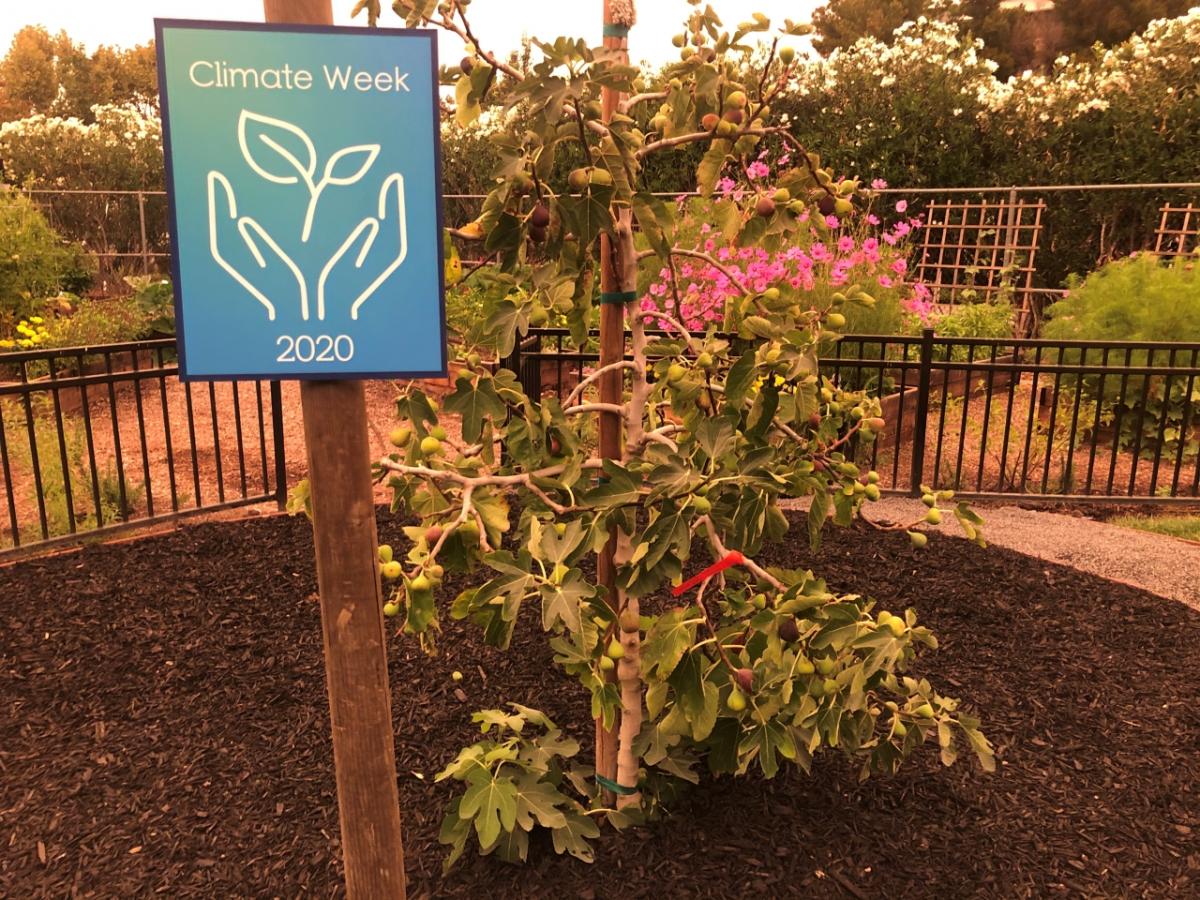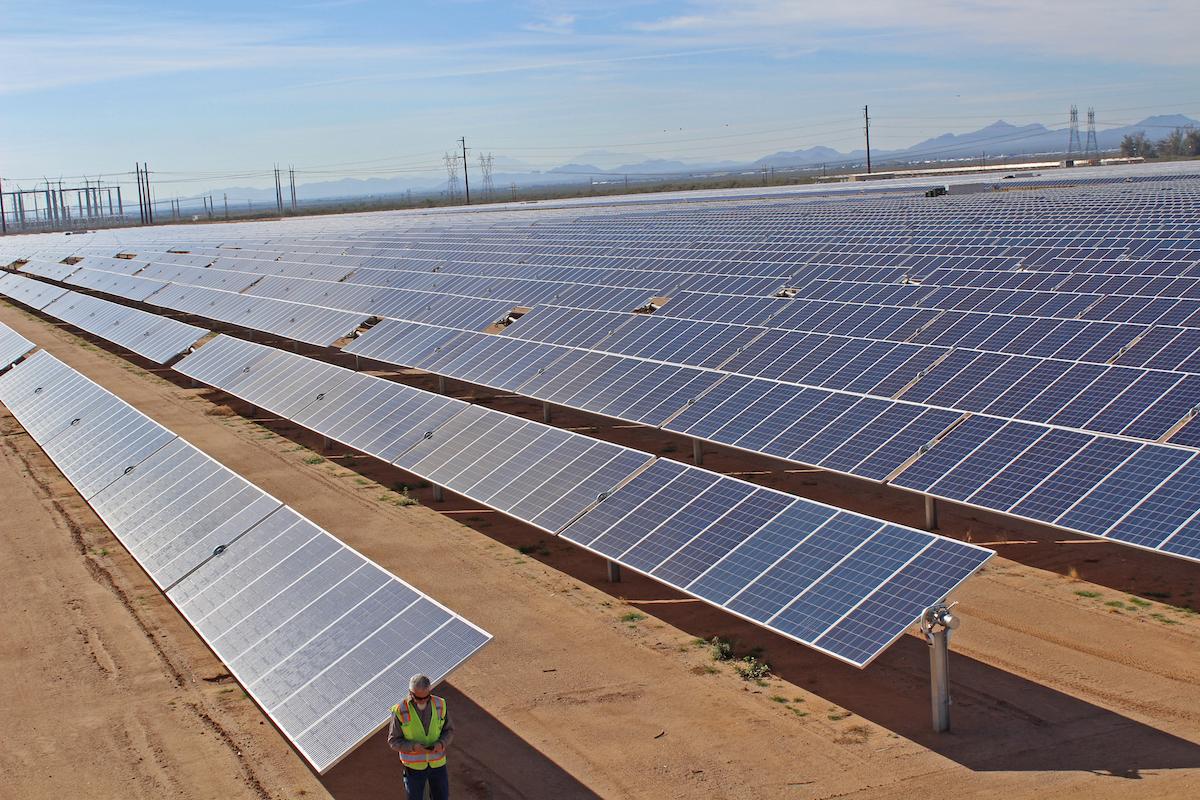Climate Week: Our Commitment to Combatting the Climate Crisis
By Sri Shivananda
The consequences of global climate change are not a distant problem. They are real and plainly visible today. Raging wildfires are once again devastating forests across the Western United States, with smoke spreading east across the continent, causing unhealthy or hazardous air quality for millions. Just last month, monsoons wreaked havoc in India as a year’s worth of rain fell in just one month. History shows that it is the world’s poorest and most disadvantaged communities that bear the brunt of the financial blow that often accompanies climate events.
When it comes to the health of our environment, we all share a responsibility to do the right thing. Today, I’m pleased to share PayPal has taken our climate change commitments a step further by joining the Business Ambition for 1.5C, pledging to align our Science-Based Target with the climate imperative of ensuring that global temperature rise does not exceed 1.5 degrees Celsius. The best available climate science tells us that limiting temperature rise to no more than 1.5C above pre-industrial levels is our best hope as a planet for avoiding catastrophic and irreparable climate consequences. This 1.5C pledge, along with our goal and progress toward reaching 100% renewable energy across our global data centers and our forthcoming Science-Based Target, represent meaningful steps PayPal is taking to help lead the way to a stable climate future.
At PayPal, achieving climate stability is vital to fulfilling our company’s mission to creating an inclusive economy where every single person has the opportunity to make a meaningful living.
According to the World Bank, failure to decarbonize the global economy could result in more than 100 million people being pushed into extreme poverty by 2030 and more than one million people dying from climate-related disasters each year. Our pledge is an important step forward on the right path, but there is still more to be done. In May, scientists recorded the highest concentration of carbon dioxide in our atmosphere in human history. It is critical that businesses keep striving towards a transition to a climate-neutral economy.
This summer, PayPal joined the World Resources Institute’s (WRI) Corporate Consultative Group, which convenes major global companies on the forefront of advanced business practices that mitigate environmental risks and support sustainable growth. Together with WRI and other leaders across the public, private, and non-profit sector, we’re looking forward to advancing our shared objective of curbing greenhouse gas emissions and improving the health of our global ecosystem for the benefit of all. PayPal is focused on helping ensure a global transition to a carbon-neutral economy leads to greater economic equality and empowers those who are most vulnerable to climate change.
While global business leaders work towards a carbon-neutral economy, it’s important to make use of current technological advances to help make an immediate difference. One example is the efficiency of a global payments network in a disaster-relief scenario. Earlier this year, PayPal and its partners raised over AUD$100 million to support local charities that responded to the bushfires in Australia. The use of solar power is another example. Solar energy is a clean resource that is abundantly available and companies across all industries are experimenting with it in their efforts to innovate. PayPal has made significant investments in solar energy. Our efforts have resulted in a 10 per cent reduction in total greenhouse gas emissions last year, driven mainly by growth in our data center use of solar and other renewable energy sources.
As PayPal employees across the globe embrace Climate Week and take actions towards a more environmentally sustainable lifestyle, I’m reminded that the smallest of our individual actions can have a critical impact on accelerating collective solutions to the world’s most challenging problems.



